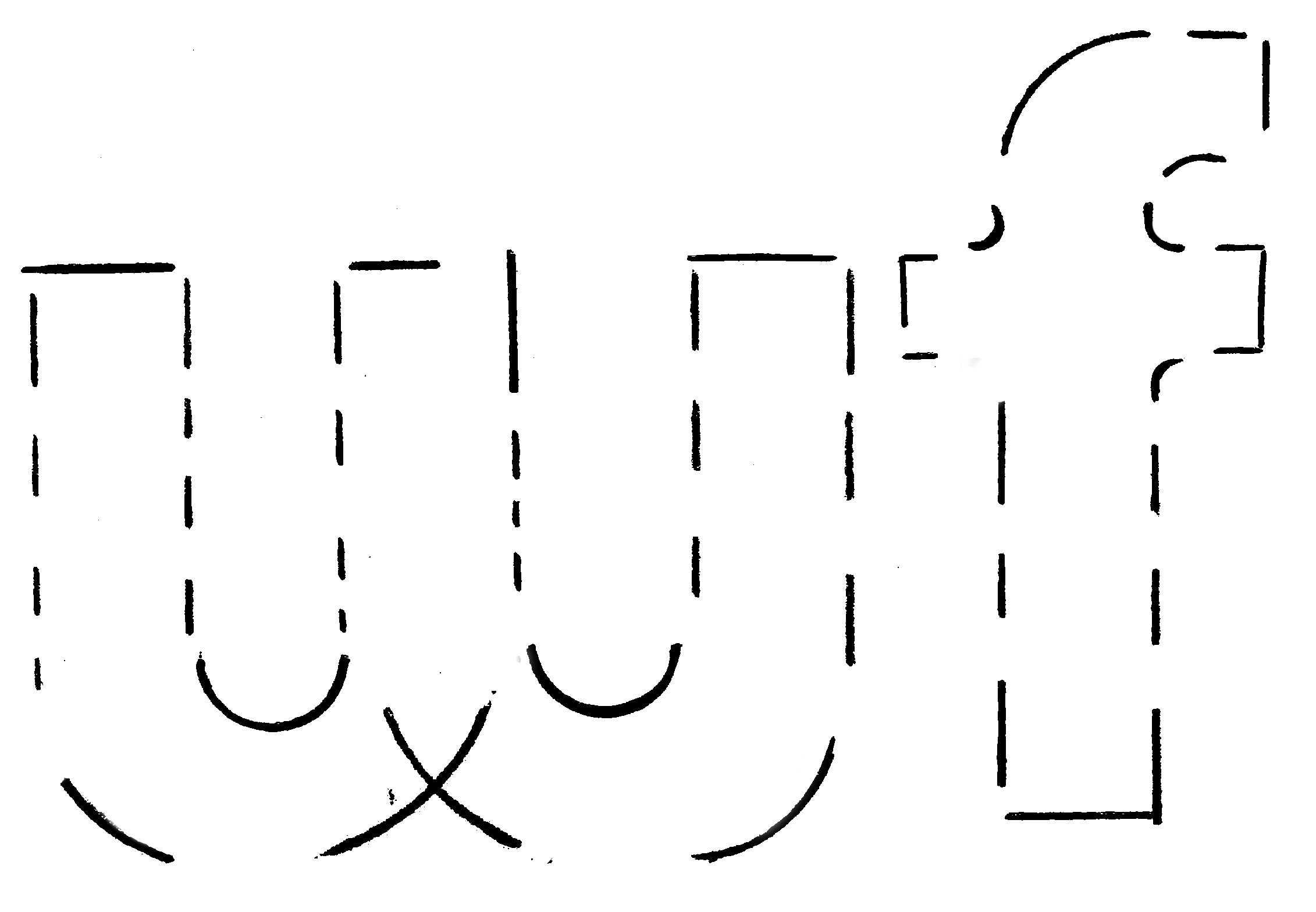Untitled (Conversation Loops)
Nov 6 — Dec 18, 2004
Description:
Untitled (Conversation Loops) was an exhibition of four Vancouver-based artists working with tautologies, multiple and closed loops of language, and dialogue.Miguel da Conceicao turned his attention to 1980s teen film director John Hughes and his perennial star Molly Ringwald. Using excerpts from Sixteen Candles (1984), The Breakfast Club (1985), and Pretty in Pink (1986), da Conceicao edited conversations between Ringwald’s various characters to highlight their multiple personalities, identity politics, and class conflicts that ran as undercurrents in the films.
Jacob Gleeson presented rough video footage of a monster truck rally, wherein the event announcer attempted to dissuade streakers from continuing to interrupt the family-friendly show. The ongoing actions of the streakers effected a stasis over the proceedings, creating an oxymoronic spectacular anti-spectacle.
A text work by Donato Mancini presented a running compound word that spanned over multiple gallery walls. Mancini’s was inspired by gestalt-like portmanteaus James Joyce created for Finnegans Wake (1929). Mancini’s choice of words were determined by their ability to link with one another and followed a rule in which the last few letters of the first word doubled as the first few letters of the next. This was repeated until almost all of the possibilities in everyday English were exhausted.
Elisa Rathje’s two-channel video work left side/right side continued her interest in mirrors, multiples, and the body in relation to the gaze. Using two point-of-view shots, the video depicted an intimate moment of waking up next to a lover. However, in Rathje’s work, both images were of the artist herself, creating a confusing twinning of the intimate other.
An exhibition opening took place on Nov 5, 2004.
